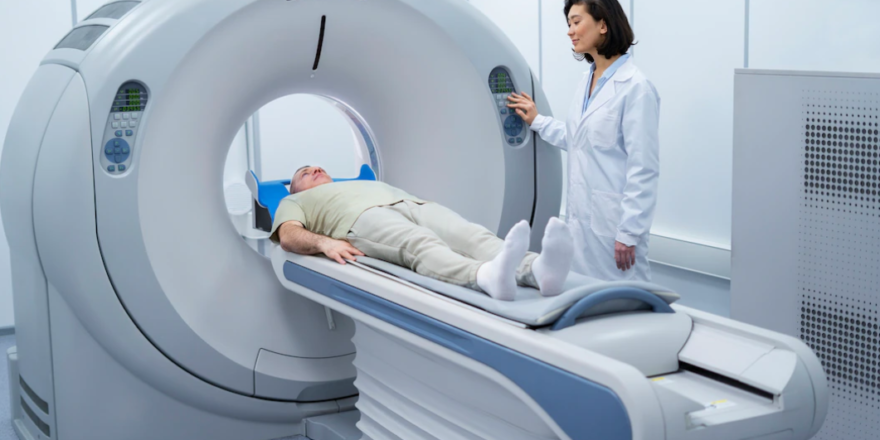ICU nurses play a crucial role in providing specialized care to critically ill patients. These highly trained nurses work in the Intensive Care Unit (ICU), which is a specialized hospital unit that provides critical care to patients who have life-threatening or potentially life-threatening medical conditions.
ICU nurses are responsible for closely monitoring and assessing their patients’ conditions, including vital signs such as heart rate, blood pressure, and oxygen saturation levels. They work closely with other members of the healthcare team, including critical care physicians, respiratory therapists, and other healthcare professionals, to provide highly specialized and individualized care to each patient.
ICU nurses are trained to manage highly complex medical technologies and equipment, including mechanical ventilators, cardiac monitors, and other life support systems. They are also responsible for administering medications, performing diagnostic tests, and providing emotional support to patients and their families.
ICU nurses must possess a unique set of skills, including critical thinking, problem-solving, and the ability to work in a high-pressure, fast-paced environment. They must be able to think on their feet and make split-second decisions in response to changing patient conditions. They must also be able to communicate effectively with other members of the healthcare team and provide clear and concise updates on their patients’ conditions.
ICU nursing is a challenging but highly rewarding profession. ICU nurses are on the front lines of critical care, working tirelessly to save the lives of their patients. They provide compassionate and expert care to patients and their families during some of the most difficult and challenging times in their lives.
Overall, ICU nurses play a vital role in providing specialized and highly complex care to critically ill patients. Their dedication, skill, and expertise are critical to the success of the ICU and the health and wellbeing of their patients.




